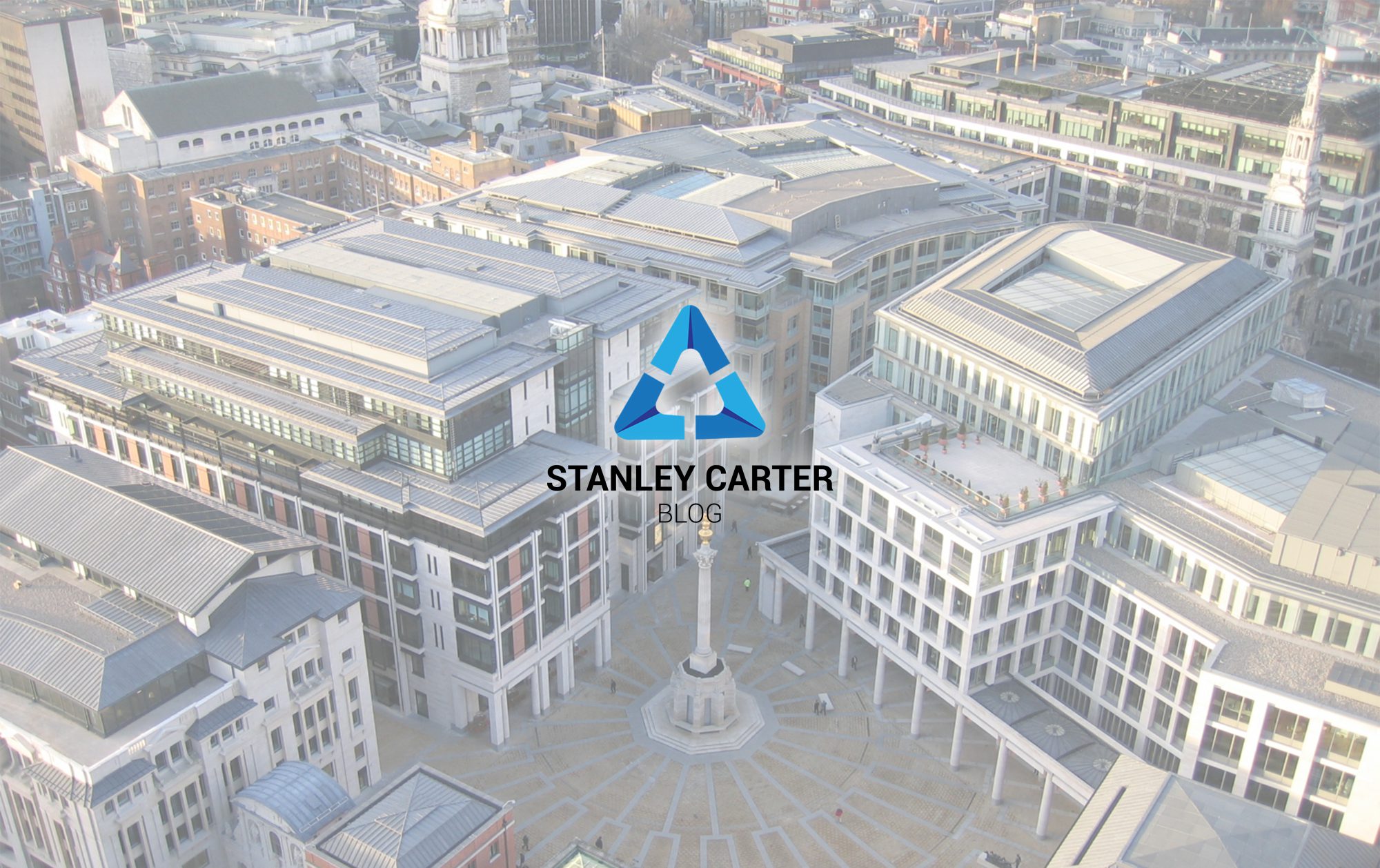HMRC collected £819m in additional tax through payroll investigations last year, as it continued to crack down on organisations that wrongly classify workers as self-employed.

It was a 16% increase on the additional tax generated in 2015/16 and was recovered following payroll investigations by its employment status and intermediaries team, which was set up to investigate businesses that have declared a high number of self-employed workers.
The team looks into the use of self-employed workers in the gig economy and organisations that classify workers as self-employed in order to avoid paying tax and national insurance contributions, acting on intelligence and complaints about alleged misuse of self-employed workers.
HMRC, which released the information following a freedom of information request, also revealed that investigations into the payrolls of large businesses specifically generated £503m in additional tax in 2016/17, up 31% from £383m the previous year.
HMRC is making no secret of its suspicions of how companies classify their workers. Considering the scale that the gig economy has grown to, it is no surprise that it is now under intense scrutiny by HMRC.
As well as its broader brush investigations in which HMRC aims to collect millions at a time, it is also combing carefully through the minor details of payroll. Even the most trivial of expenses are now being investigated.
We feel that it was more productive for HMRC to target employers and intermediaries than individual workers, and therefore it is vital that employers kept up to date with HMRC initiatives and reviewed their PAYE systems.
If you require assistance with your Payroll systems contact us on 01612056655 or send us and email info@stanleycarter.co.uk or check our website for further details www.stanleycarter.co.uk

